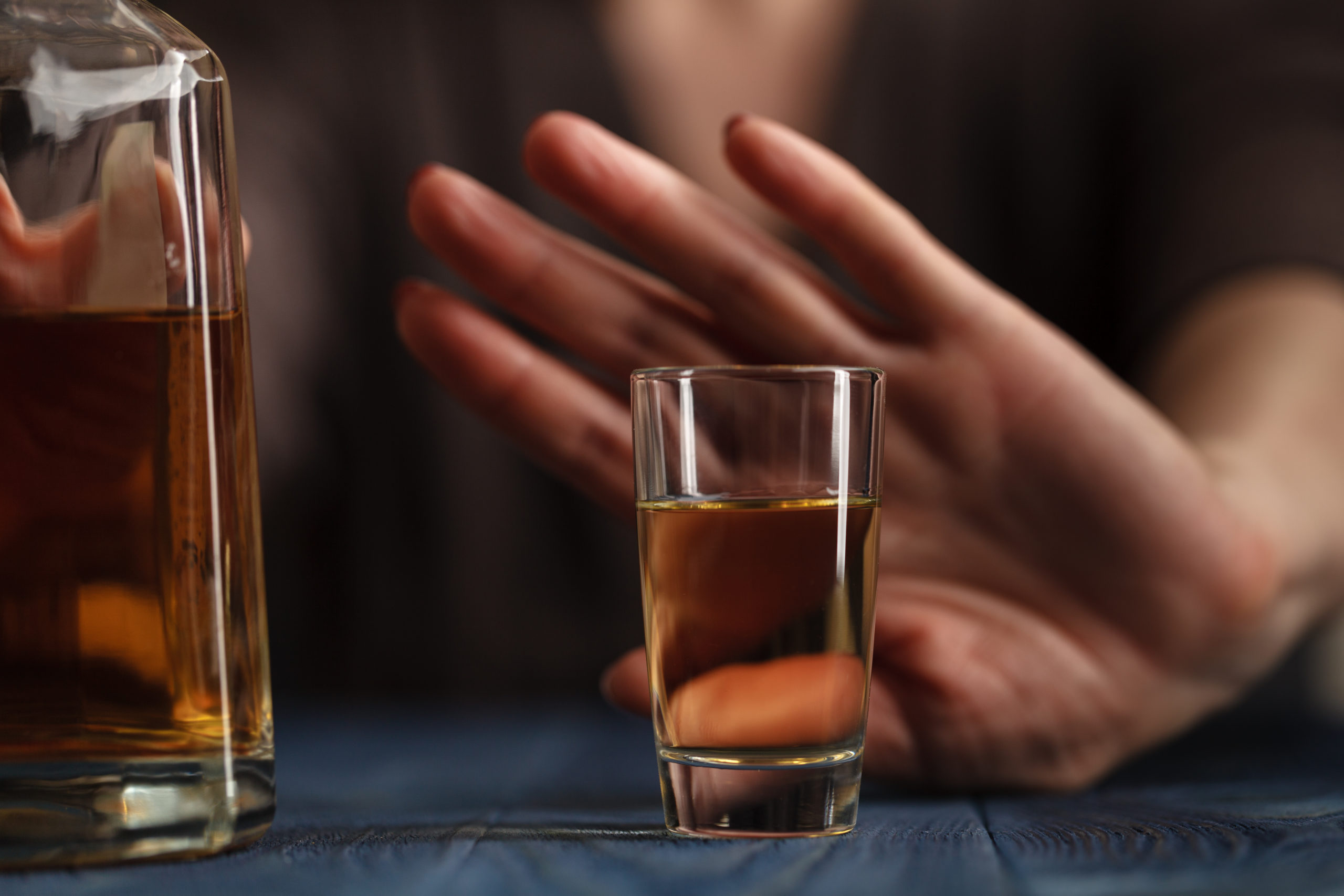What Happens When You Get Sober?Â
When you enter sobriety, your life is going to change drastically. You discover that you have more energy than you did in the past. You can think clearer and have a new appreciation for life. You no longer feel the desperation of doing whatever it takes to get drugs or alcohol. You are much more relaxed because you no longer have to worry about what happens when the drugs or alcohol wear off. Addiction treatment provides recovery from drug abuse and alcoholism that is going to lead to a boost in self-confidence and self-esteem.
You’re Healthier
Addiction is unhealthy and negatively affects the body and mind. Addiction to alcohol can lead to serious liver damage. An addiction to cocaine is damaging to someone’s heart. An addiction to meth will lead to the development of something known as ‘meth mouth’. This is when someone’s teeth start to rot and decay. All of this is terrible and can lead to long-term health consequences.
When you stop harming your body with toxic substances, you become much healthier. Your sleep patterns will return to normal, you’ll have an appetite again, and natural energy.Â
You Find Things You Love
During recovery from addiction, you can take advantage of the opportunities you’ll have to learn new things. When you’re no longer inebriated from taking drugs or drinking alcohol, you can research new hobbies or travel. One of the biggest reasons addiction treatment is successful because it gets people to change their routines. You can easily take this skill and apply it to life outside of treatment. By learning new things, you’ll stay busy, and figure out what you love to do.Â
You Rebuild Relationships
One of the most important benefits of getting sober is that you are going to rebuild the relationships in your life that might have been damaged by addiction. Sadly, addiction is a disease that affects the people around you. Your personal and professional relationships can become broken while you’re addicted to drugs or alcohol. Once you get sober you’ll be able to be a dependable friend and coworker again. You’ll also be able to build new relationships with the people you meet during recovery. A big component to staying sober is having a sober network. You can meet new sober people during and after addiction treatment. Support groups and 12 step meetings are a great way to build your network.Â
We’re Here to Help
At Newport Beach Recovery, we are a drug and alcohol rehab center located in Costa Mesa, CA. We are here to serve individuals and families who are struggling with addiction throughout the local area. We know trying to beat addiction can be intimidating, but with the help of us, it’s completely attainable. Please contact us today to learn more about our services!



